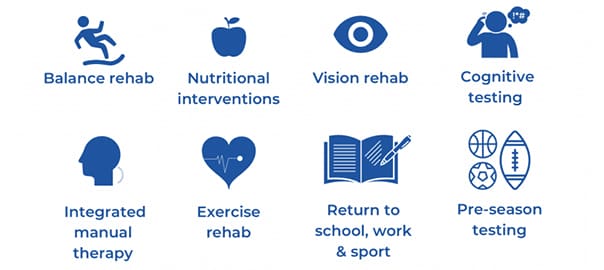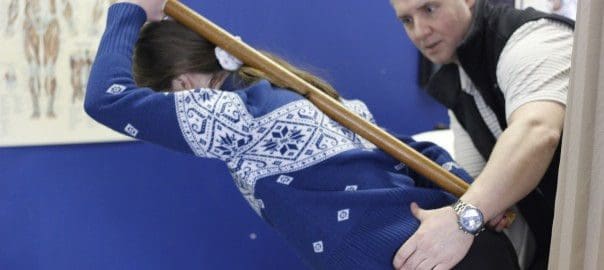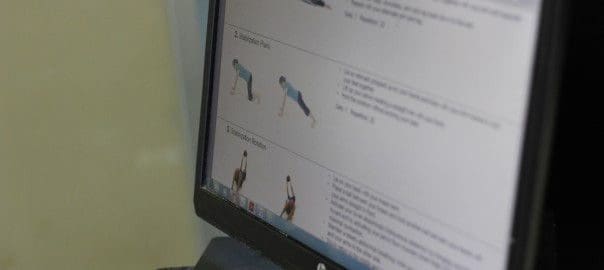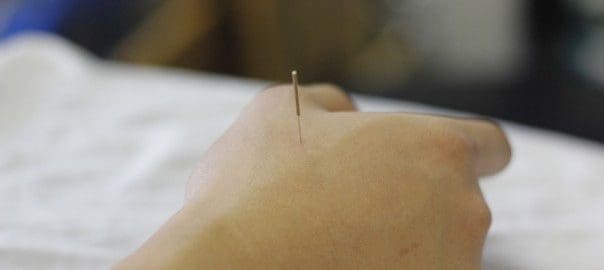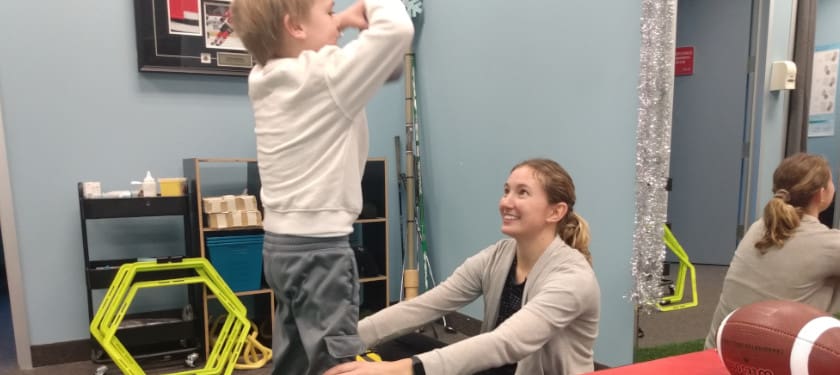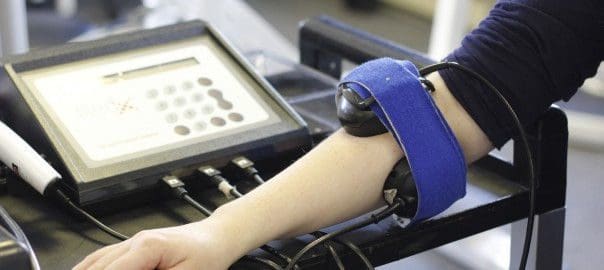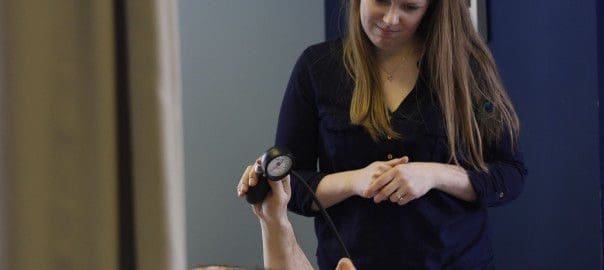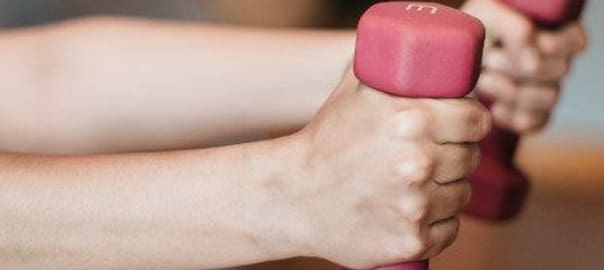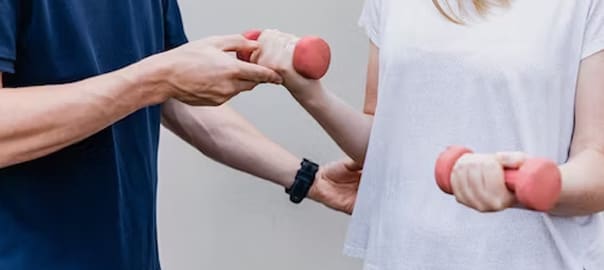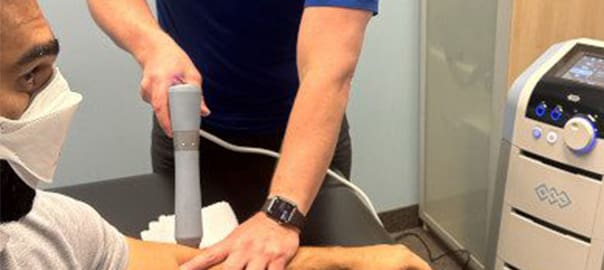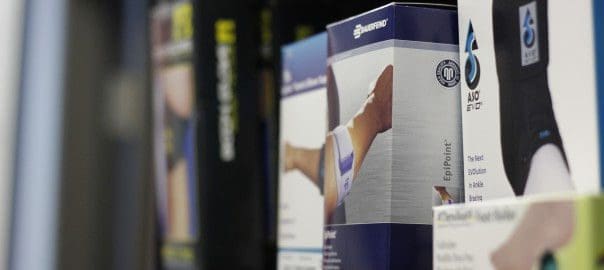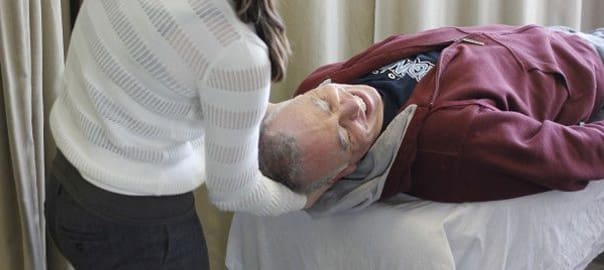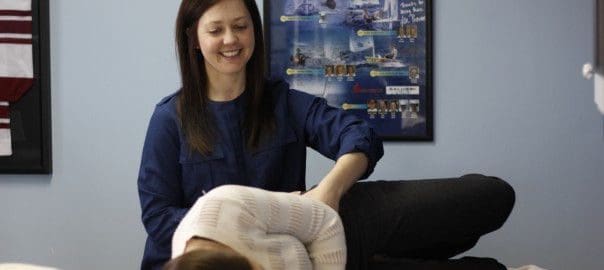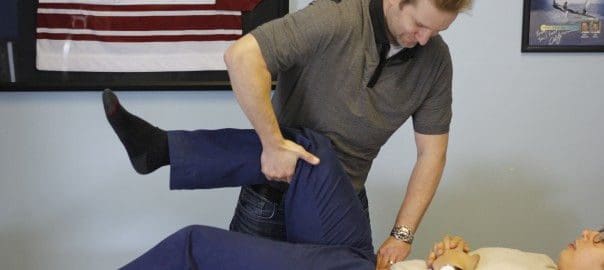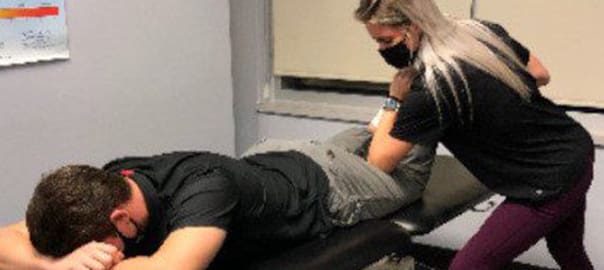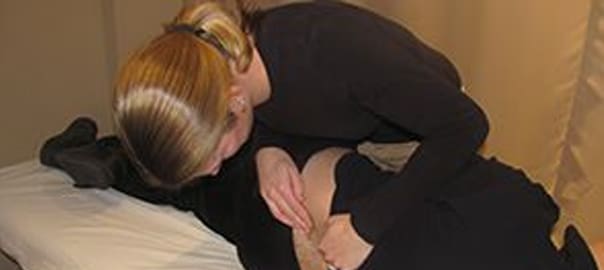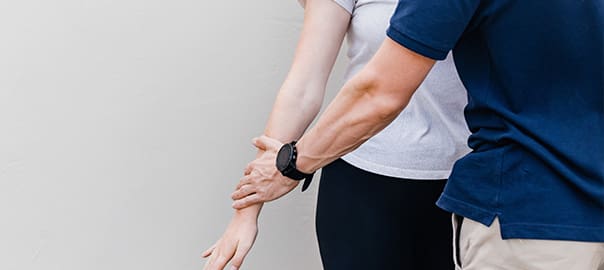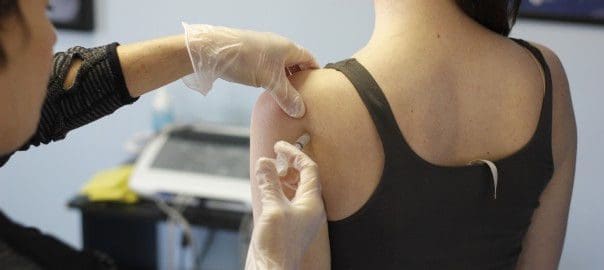Sheddon Services
Other Core Services
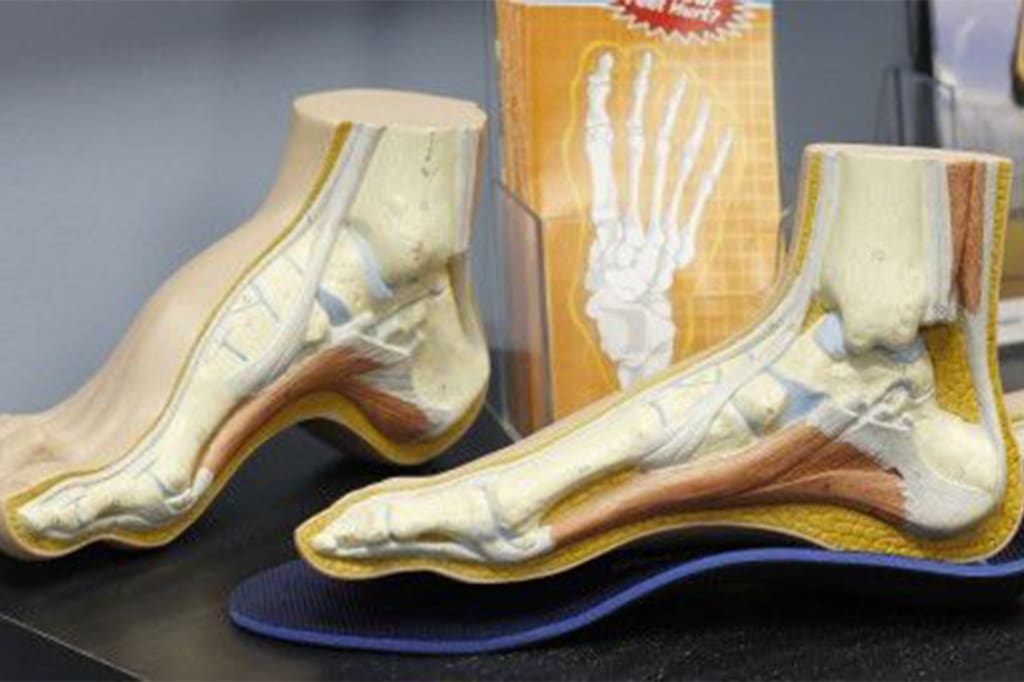
Orthotics in Oakville and Burlington
Just as a building relies on a stable foundation to ensure its structural integrity, our body’s foundation lies in our feet. When the supporting structures of the feet are imbalanced, it can lead to excessive foot motion. This not only disrupts proper foot function but can also cause leg rotation, impacting the alignment of the knees, hips, and back.
Orthotic devices are designed to exert precise control over foot biomechanics throughout the entire walking or running cycle. These devices play a crucial role in maintaining balance and preventing the ripple effect of misalignments, ensuring a solid foundation for overall musculoskeletal health.
What are the Benefits of Orthotics?
Improved Foot Alignment:
Orthotics are designed to correct imbalances in the feet, promoting proper alignment and reducing the risk of issues such as overpronation or supination.Pain Relief:
Orthotic devices can help alleviate various types of foot pain, including arch pain, heel pain (such as plantar fasciitis), and ball-of-foot pain.Enhanced Support:
Orthotics provide additional support to the arches and other structures of the feet, reducing strain on muscles and ligaments.Improved Biomechanics:
By influencing the way the foot moves during walking or running, orthotics can enhance overall biomechanics, leading to more efficient and comfortable movement.Prevention of Overuse Injuries:
Properly fitted orthotics can reduce the risk of overuse injuries by promoting optimal foot mechanics and minimizing stress on vulnerable areas.Correction of Gait Abnormalities:
Orthotic devices can address gait abnormalities, such as irregular walking patterns, by providing the necessary support and alignment.Reduced Joint Stress:
Orthotics can help distribute pressure more evenly across the foot, reducing stress on joints and decreasing the likelihood of conditions like arthritis.Alleviation of Back and Hip Pain:
Since imbalances in the feet can affect the alignment of the entire lower body, orthotics may contribute to the relief of back and hip pain.Customization for Individual Needs:
Orthotic devices can be customized to address the specific needs of an individual, ensuring a personalized and effective solution.Rehabilitation Support:
Orthotics can be part of a rehabilitation plan for individuals recovering from foot or lower limb injuries, providing stability and support during the healing process.Prevention of Foot Deformities:
Orthotics may help prevent the development of certain foot deformities, such as bunions or hammertoes, by promoting proper alignment and reducing pressure points.Accommodation of Structural Anomalies:
For individuals with structural foot anomalies or irregularities, orthotics can help accommodate these variations and improve overall foot function.Management of Chronic Conditions:
Orthotics can be beneficial for managing chronic conditions such as arthritis or diabetes, providing support and reducing the risk of complications.It’s important to note that the benefits of orthotics can vary from person to person.
What to expect at an Orthotic Consult Appointment:
Medical History Review:
- The orthotic specialist will start by reviewing your medical history, including any existing health conditions, previous injuries, surgeries, and medications. This information helps them understand your overall health and any factors that may contribute to your foot or lower limb concerns.
Discussion of Symptoms:
- You’ll have an opportunity to discuss your specific symptoms or concerns related to your feet, ankles, or lower limbs. This may include pain, discomfort, gait abnormalities, or any other issues affecting your mobility.
Foot and Gait Analysis:
- The orthotic specialist may conduct a thorough examination of your feet, assessing factors such as arch height, foot shape, and range of motion. They may also observe your gait (walking pattern) to identify any abnormalities or imbalances.
Footwear Evaluation:
- Your current footwear will likely be evaluated to determine if it provides adequate support and if any modifications are necessary. The orthotic specialist may offer recommendations for appropriate footwear based on your foot structure and specific needs.
Discussion of Goals:
- The orthotic specialist will inquire about your lifestyle, activities, and goals. Understanding your daily routines and the activities you engage in helps tailor the orthotic solution to your individual needs.
Customization Process:
- If custom orthotics are recommended, the specialist will explain the customization process.
Fitting and Adjustment:
- Once the orthotics are ready, you’ll have a fitting appointment. The specialist will ensure the orthotics fit comfortably in your shoes and make any necessary adjustments to optimize their effectiveness.
Remember that each orthotic consultation may vary based on individual needs. It’s advisable to communicate openly with the specialist, ask questions, and actively participate in the decision-making process regarding your orthotic treatment plan.
Frequently Asked Questions:
How do orthotics work?
- Orthotics work by providing additional support, correcting imbalances, and improving foot alignment. They help distribute pressure evenly across the foot, reduce strain on muscles and ligaments, and promote more efficient biomechanics.
Are orthotics only for people with foot pain?
- While orthotics are commonly used to address foot pain, they can also benefit individuals with various musculoskeletal issues, such as knee, hip, or lower back pain, by correcting imbalances that affect the entire lower body.
Are there different types of orthotics?
- Yes, there are different types of orthotics, including custom-made and over-the-counter options. Custom orthotics are individually crafted based on a person’s foot shape and specific needs, while over-the-counter options are pre-made and may offer general support.
Can I use orthotics in any type of shoe?
- In most cases, orthotics can be used in various types of shoes, including athletic shoes, casual shoes, and even some types of dress shoes. However, the fit may need to be considered, and the orthotics may require adjustments for different shoe styles.
Do orthotics require a break-in period?
- Some people may experience an adjustment or break-in period when first using orthotics. It’s common to gradually increase the time spent wearing them to allow the feet to adapt.
Can children use orthotics?
- Yes, children with certain foot conditions or gait abnormalities may benefit from orthotics.
Are orthotics covered by insurance?
- Coverage for orthotics varies depending on the individual’s insurance plan. Some plans may cover the cost partially or fully, while others may not provide coverage. It’s advisable to check with the insurance provider for specific details.
At Sheddon Physiotherapy and Sports Clinic, our experienced team is dedicated to addressing your unique orthotic needs, offering expert guidance, personalized solutions, and comprehensive care to enhance your mobility, alleviate discomfort, and promote overall well-being.
We are located less than 10 min from Sheridan College Oakville and 4 min East from Oakville & Milton Humane Society.
The Burlington physio clinic is located only 8 min north-east of LaSalle Park and 10 min north of Burlington Golf & Country Club, on Plains Rd East.
Don't settle on your Health
Other Services
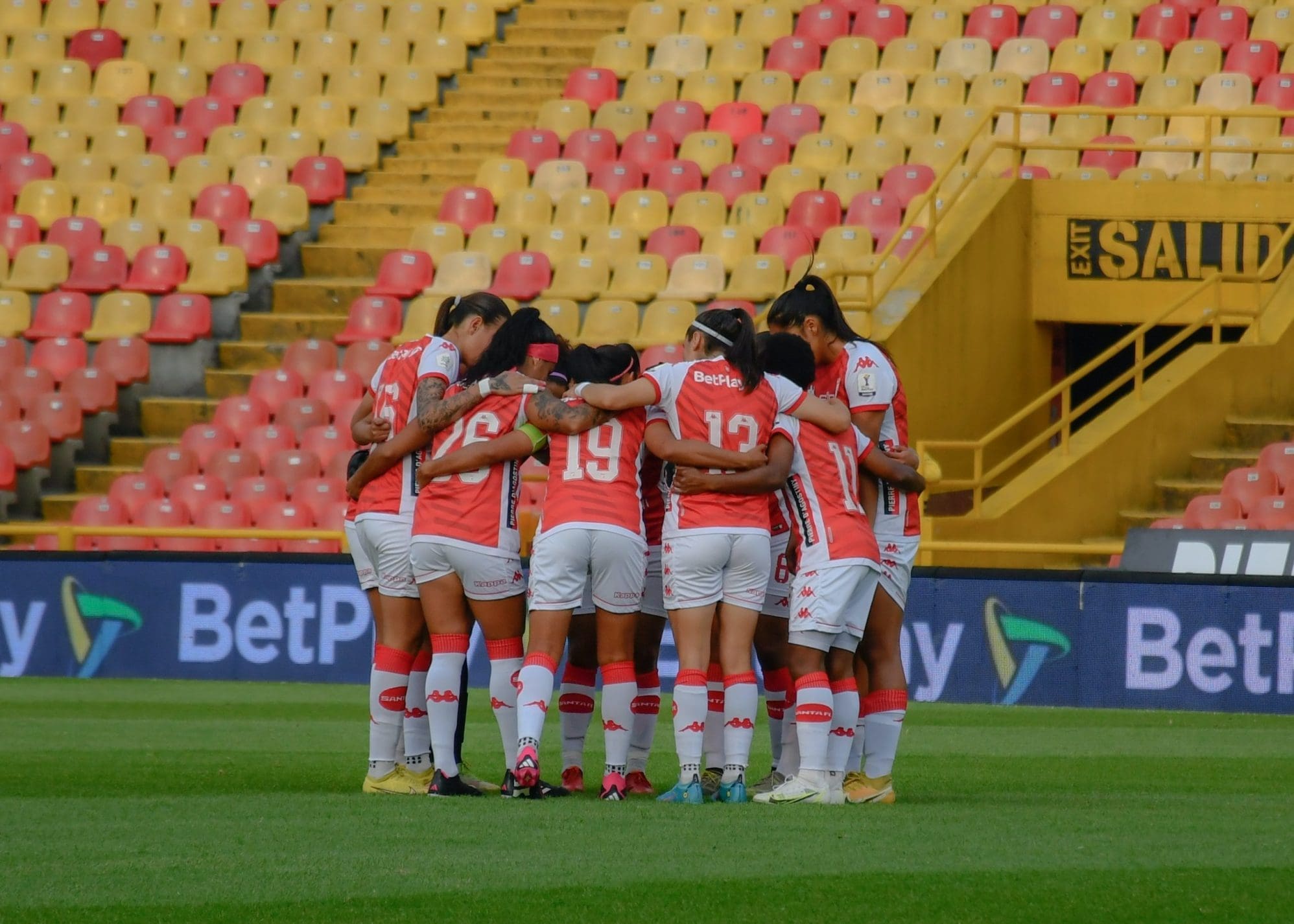
Sports Injury Rehabilitation in Oakville and Burlington
Treating athletes is a whole different ballgame. At SPSC, we have been treating athletes of all ages and levels, including clientele from a variety of major sports teams and organizations,
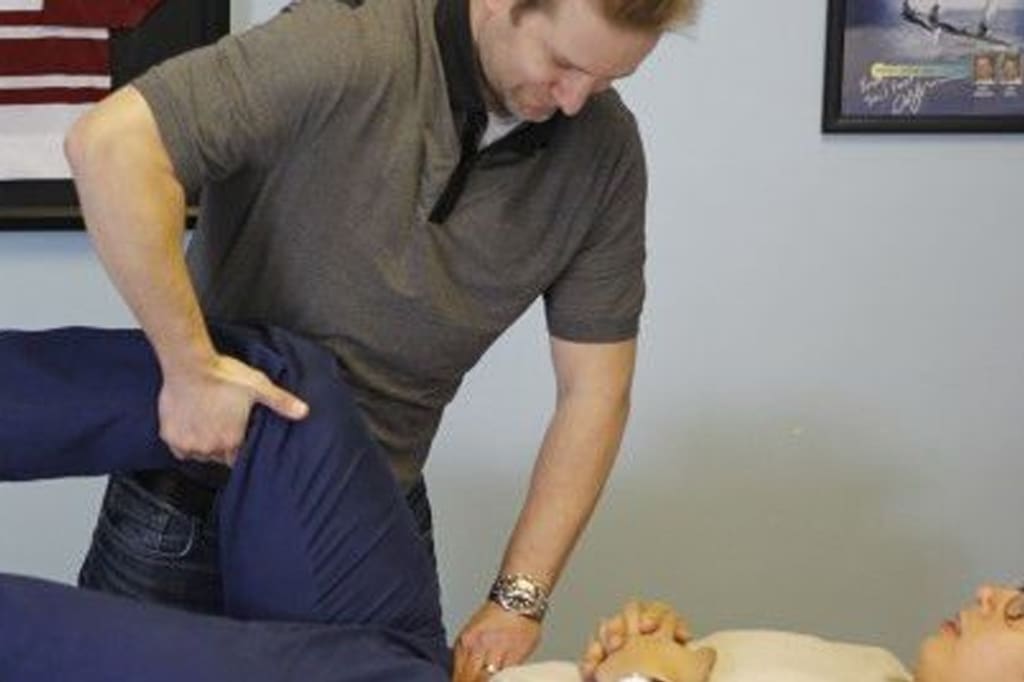
Active Release Therapy (ART) in Oakville and Burlington
What is Active Release Therapy? Active Release Therapy (ART) is a specialized hands-on treatment designed to address soft tissue injuries and alleviate musculoskeletal discomfort. In ART, therapists (like our physiotherapists
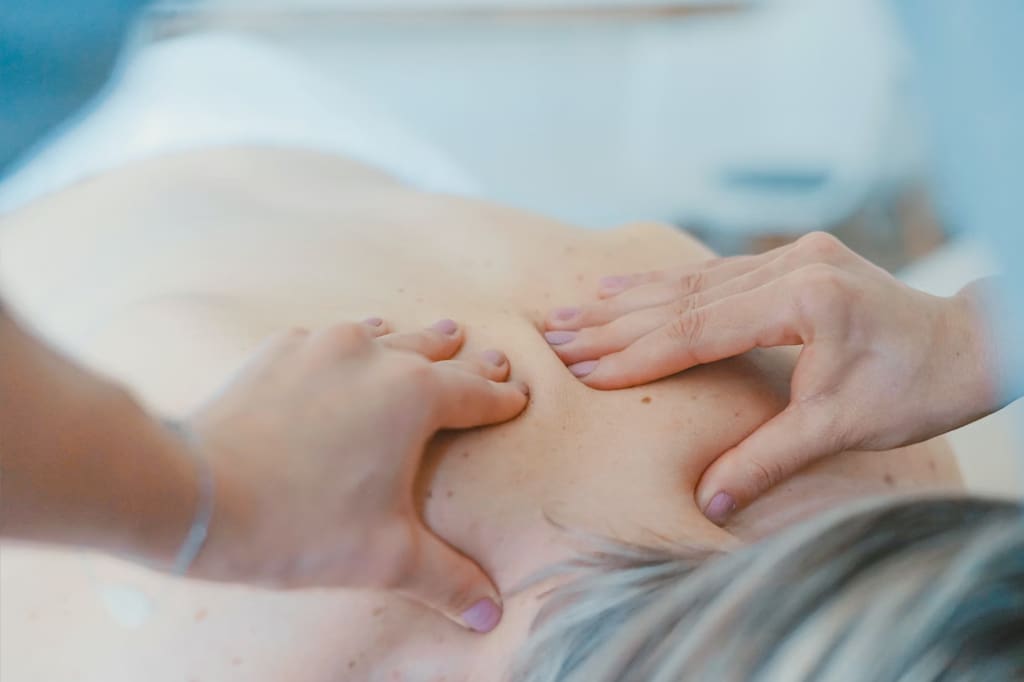
Manual and Manipulative Therapy in Oakville and Burlington
At Sheddon Physiotherapy and Sports Clinic in Burlington and Oakville, the use of Manual and Manipulative Therapy is a priority in the comprehensive approach to treating a number of different
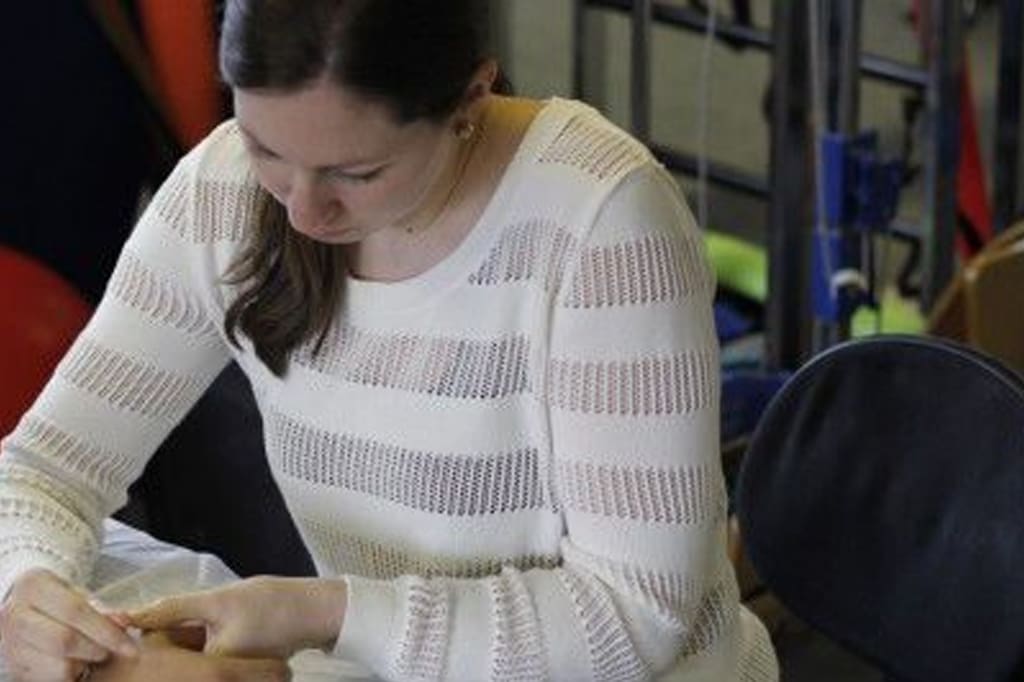
Acupuncture Services in Oakville and Burlington
For anyone recovering from a sports injury, surgery, or everyday aches and pains, rehabilitation is critical to improve function, relieve pain and get you back to optimal performance. In addition

Orthotics in Oakville and Burlington
Just as a building relies on a stable foundation to ensure its structural integrity, our body's foundation lies in our feet. When the supporting structures of the feet are imbalanced,
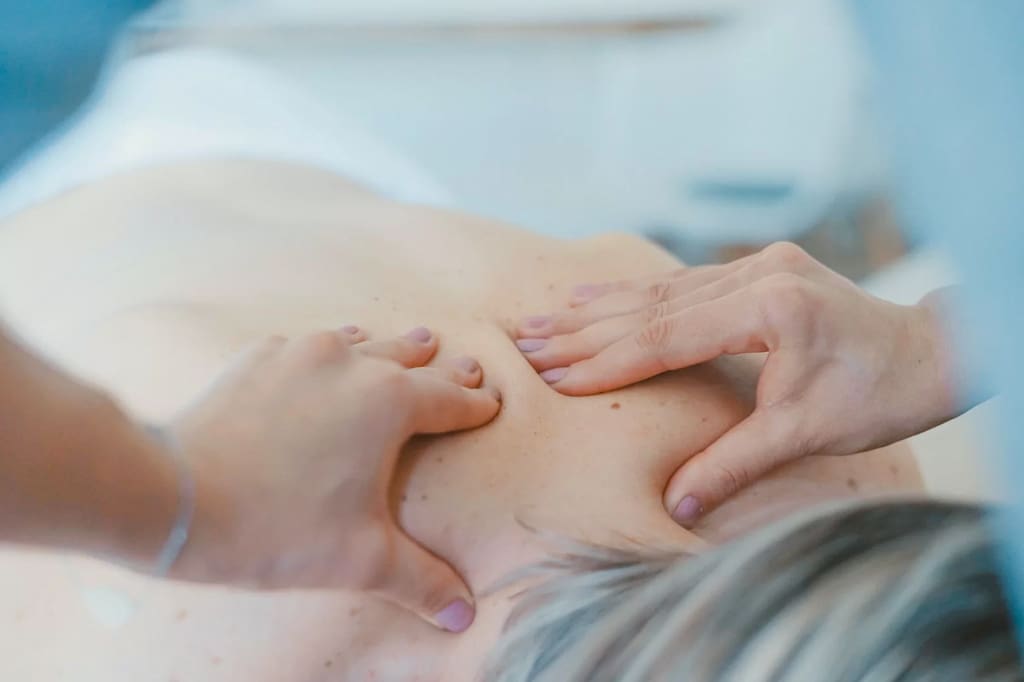
Massage Therapy Services in Oakville and Burlington
Massage therapy is a form of manual therapy that involves manipulating the muscles, tendons, ligaments, and soft tissues of the body to promote health and well-being. Massage therapists use their


